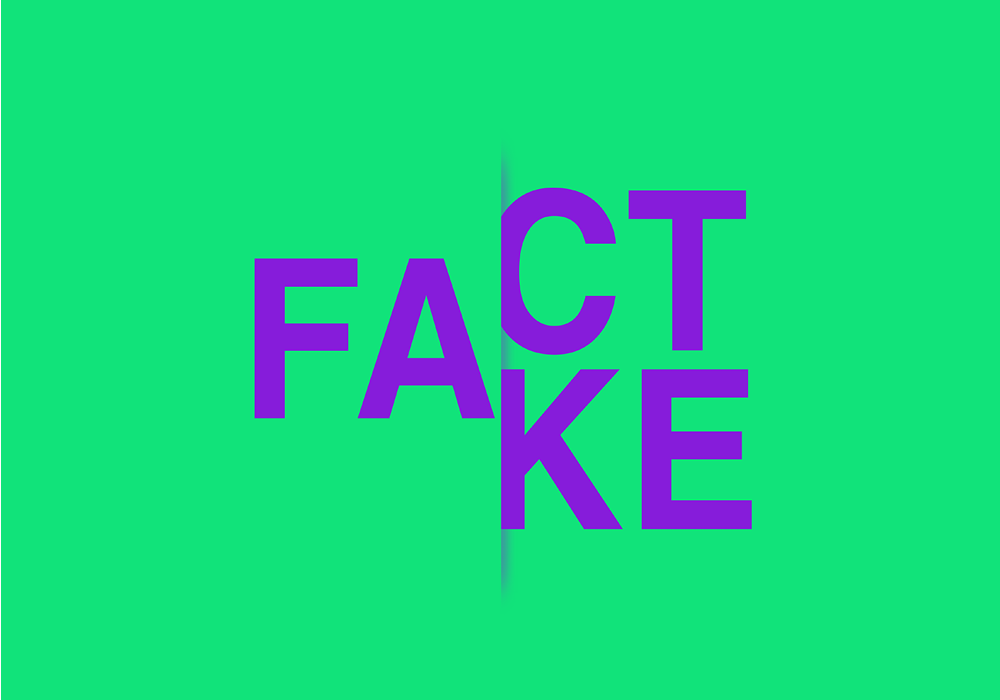

These alternate spellings were being published all over the place in the early 1900's and advertisers were taking full advantage of these unique and memorable new orthographic forms.

Under a simplified spelling scheme, words like "kissed" would become "kist", "surprise" would become "surprize" with a Z, "night" would be "nite" etc. It was all downhill from there for any institutionalized form of spelling reform. This last measure was too extreme for Congress which put pressue on Roosevelt to overturn the decision which he eventually did in Dec 1906. Andrew Carnegie had donated $280,000 towards the cause, the National Education Association had adopted a revised list of 300 simplified words to slowly integrate into the education system and president Roosevelt felt so strongly about the system that he issued an order in Sept 1906 that the government printing office (then the largest printer in the world) start to use the system in all its publications. Noah Webster and Benjamin Franklin were early supporters of spelling reform, and the movement reached it's zenith in 1906. And two, it would greatly reduce printing costs as there would be fewer type to set as the words would be shorter. One, it was believed that a simplified orthography would help children learn to read and write much quicker as they wouldn't be confronted with the crazy exceptions in the English language. The main justifications for the movement were twofold. The movement has a fascinating history in itself. One potential cause for the introduction of the technique in advertising she attributes to the influence of the spelling reform movement which was dying in popularity around this time. In the paper, she also calls it "re-spellings" or "spelling-perversions", but there doesn't seem to be a single term at that time for this orthographic effect in advertising. In her paper "Spelling-Manipulation and Present Day Advertising" (1923) she makes note that "manipulated spelling", as she calls it, has been around for some time, but had really taken off in the few years preceding the published article. I've been looking through old volumes of "Dialect Notes" from the early 1920's, specifically articles about spelling variations in advertising written by Dr. I've been doing some recent research into this exact phenomenonenonena !


 0 kommentar(er)
0 kommentar(er)
